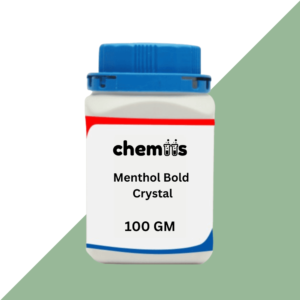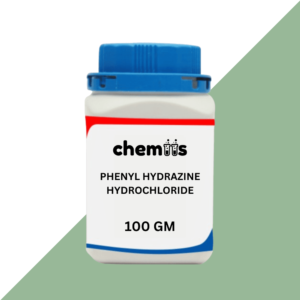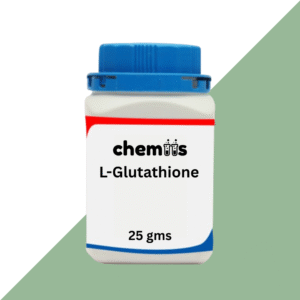Methyl Ammonium Chloride (CH3NH3Cl) is a critical chemical compound widely utilized in research, particularly in the field of perovskite solar cells and other optoelectronic devices. This organic halide salt is valued for its role as a precursor in the synthesis of methylammonium-based perovskites, which exhibit excellent light-absorbing and electronic properties. Methyl Ammonium Chloride is also used in chemical synthesis, pharmaceuticals, and as a reagent in academic and industrial laboratories.
Applications of Methyl Ammonium Chloride
- Perovskite Solar Cells
- Serves as a precursor material for methylammonium lead halide perovskites, which are used in high-efficiency solar cells.
- Enhances the performance and stability of perovskite materials.
- Optoelectronic Devices
- Used in light-emitting diodes (LEDs) and photodetectors.
- Improves the electronic properties of thin-film devices.
- Chemical Synthesis
- Acts as an intermediate or reagent in organic synthesis.
- Useful in the preparation of other methylammonium salts and compounds.
- Pharmaceutical Industry
- Occasionally used as a precursor or intermediate in drug manufacturing.
- Academic and Industrial Research
- Frequently employed in research labs for studying perovskite materials and related applications.
Safety and Handling
- Personal Protective Equipment (PPE):
- Gloves: Use nitrile or latex gloves to prevent skin exposure.
- Eye Protection: Safety goggles to avoid eye irritation.
- Respiratory Protection: Use a respirator in poorly ventilated areas or when handling powders.
- Storage:
- Store in a cool, dry, and well-ventilated place.
- Keep containers tightly sealed and away from moisture and incompatible substances.
- First Aid:
- Inhalation: Move to fresh air; seek medical attention if respiratory discomfort persists.
- Skin Contact: Wash thoroughly with soap and water; consult a doctor if irritation occurs.
- Eye Contact: Flush eyes with plenty of water for several minutes; seek medical advice if irritation persists.
- Ingestion: Rinse mouth with water and seek immediate medical attention.
- Hazards:
- Can cause skin, eye, and respiratory irritation.
- Handle with care in a well-ventilated environment to avoid inhalation of dust.








Raj Malhotra (verified owner) –
Products are exactly as described.
Deepansh Bedi (verified owner) –
Good quantity at good price.
Darshan Solanki (verified owner) –
On-time and well-packed.
Priya Sharma (verified owner) –
Fast response to queries.
Tanya Shetty (verified owner) –
Excellent online store.
Chirag Vora (verified owner) –
Excellent packaging.
Kavita Nair (verified owner) –
Reliable supplier.
Divya Raut (verified owner) –
Fast response to queries.
Chirag Vora (verified owner) –
Nicely organized website.
Shruti Bhandari (verified owner) –
Reasonably priced.